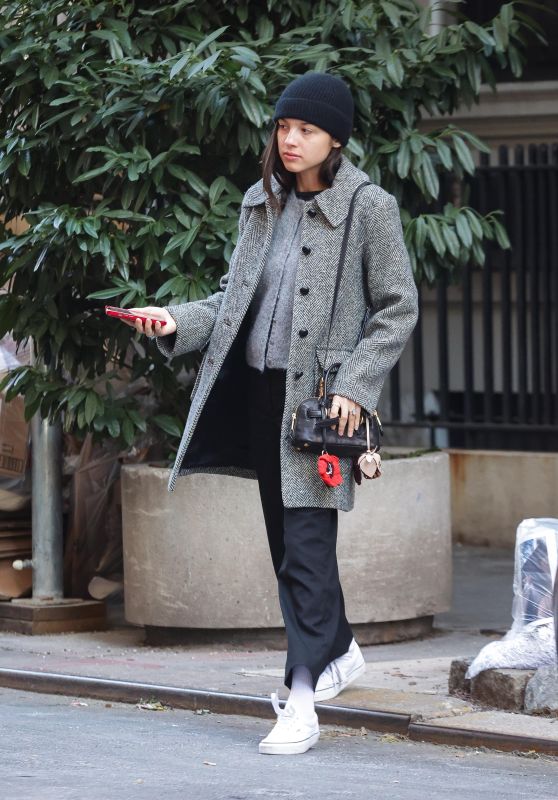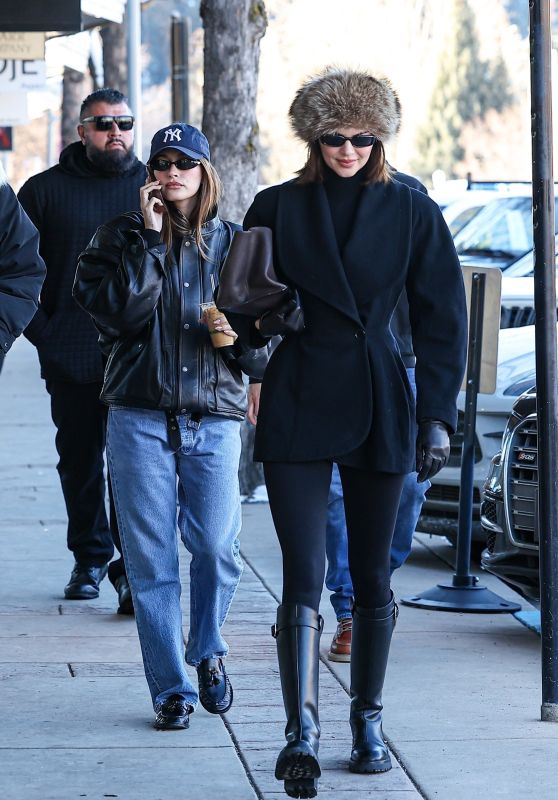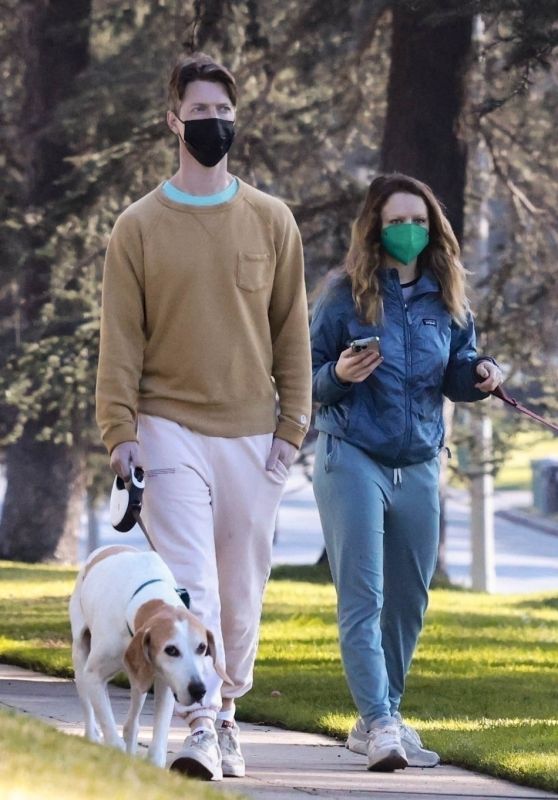Patrick Soon-Shiong, the billionaire owner of the Los Angeles Times, is facing criticism inside and outside of his newspaper since opting not to endorse a candidate in the 2024 presidential race.
Earlier this month, executive editor Terry Tang informed the editorial board of Soon-Shiong’s decision that the paper not make an official endorsement this year, as Semafor reported Tuesday, a break with tradition after having backed every Democratic presidential candidate since 2008. Times editorials editor Mariel Garza told Sewell Chan, executive editor of the Columbia Journalism Review, that the editorial board had intended to endorse Vice President Kamala Harris, and that she had already drafted an outline of the piece.
Once news broke that the largest paper in Harris’s home state would not be endorsing her, Garza, who was promoted to the top editorial board role in April, penned a scathing resignation letter, calling out the decision to remain “silent” in “dangerous times.”
“It makes us look craven and hypocritical, maybe even a bit sexist and racist,” Garza writes. “How could we spend eight years railing against [Donald] Trump and the danger his leadership poses to the country and then fail to endorse the perfectly decent Democrat challenger—who we previously endorsed for the US Senate?”
That endorsement came in October 2016, a couple weeks after the paper backed Hillary Clinton in the presidential contest against Trump; the Times endorsed Joe Biden in September 2020.
Soon-Shiong took to social media to clarify his decision for the paper to remain neutral this year, writing that the board was “provided the opportunity to draft a factual analysis of all the POSITIVE AND NEGATIVE policies by EACH candidate during their tenures.”
“In this way, with this clear and non-partisan information side-by-side, our readers could decide who would be worthy of being President for the next four years,” the Times owner continued. “Instead of adopting this path as suggested, the Editorial Board chose to remain silent and I accepted their decision,” Soon-Shiong added, placing blame at the feet of the paper’s editorial board. Garza denied to the CJR that she had received such a request from the Times owner.
A spokesperson for the Times did not immediately respond to a request for comment on the decision-making process.
“If the aim here was to insulate the Times from accusations of political bias, it seems this intervention may have had the opposite effect,” Chan, who previously served as the paper’s editorial page editor, writes. “Numerous staffers have told me about how pained, even embarrassed, they felt after Trump used the Times to score a political point.”




















 English (US) ·
English (US) ·